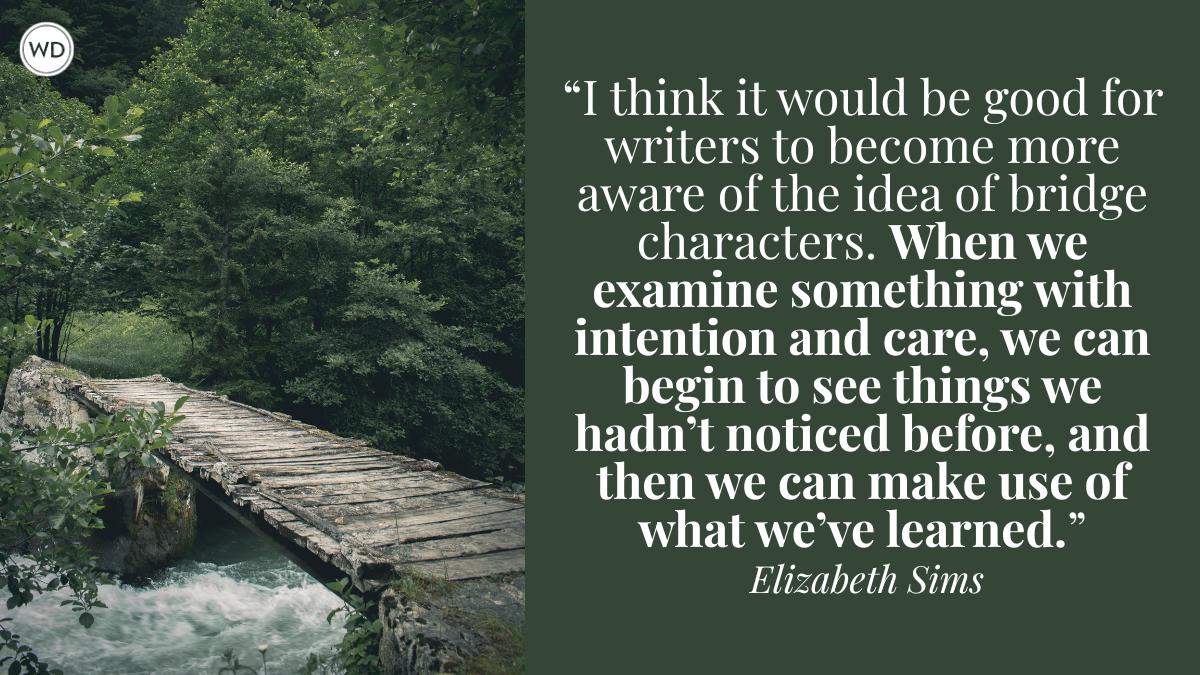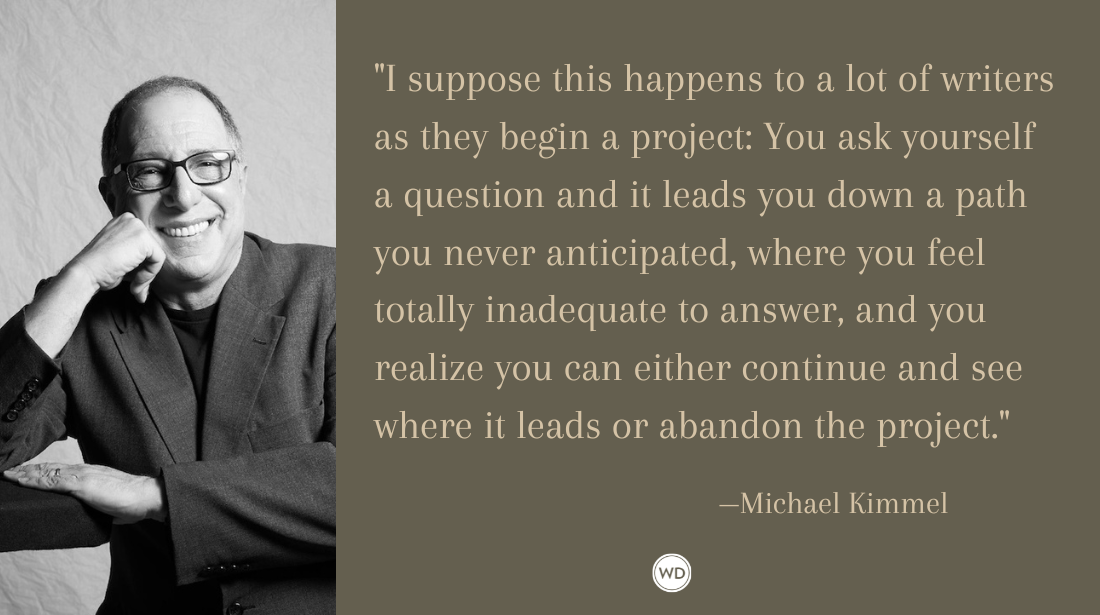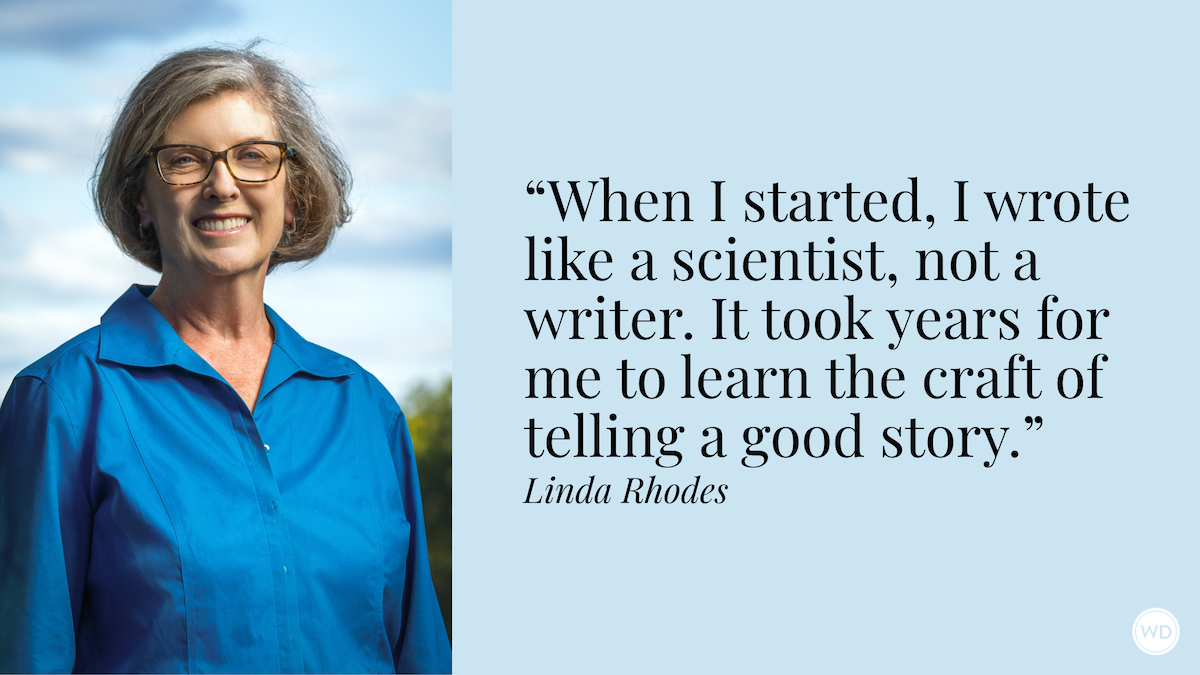Johan Norberg: It Can Be Valuable To Let a Good Idea Rest for a While
In this interview, author Johan Norberg discusses how the past kept speaking to the present in his new history book, Peak Human.
Johan Norberg is a historian, lecturer and commentator. He is a senior fellow at the Cato Institute in Washington DC and his books have been translated into forty languages. His books include The Capitalist Manifesto, the international bestseller Progress and Open, which was an Economist book of the year. Norberg regularly writes for publications such as The Wall Street Journal, Reason and HuffPost. Follow him on X (Twitter), Facebook, Instagram, and Bluesky.
In this interview, Johan discusses how the past kept speaking to the present in his new history book, Peak Human, his advice for other writers, and more.
Name: Johan Norberg
Literary agent: Andrew Gordon, David Higham Associates
Book title: Peak Human: What We Can Learn from the Rise and Fall of Golden Ages
Publisher: Atlantic Books
Release date: U.K. May, U.S. September
Genre/category: History
Previous titles: Progress: Ten Reasons to Look Forward to the Future; Open: The Story of Human Progress; The Capitalist Manifesto
Elevator pitch: Creative explosions in history are not dependent on population, ethnicity, religion, or geography, but have emerged in all kinds of cultures. Why they succeeded—and why they eventually declined—holds important lessons for our era.
What prompted you to write this book?
When I’ve visited the remnants of once-great civilizations, I’ve been struck by how spectacularly they rose—and how thoroughly they declined, often leaving barely a trace. It also made me wonder about the future of our civilization, now that we are more fearful than hopeful and are tempted to shut ourselves in. And I thought that would make for an exciting book.
How long did it take to go from idea to publication? And did the idea change during the process?
It took four years, longer than usual, mainly because the idea came to me while I was writing another book, so it had to wait its turn. And yes, the idea did evolve. I originally thought of writing a sweeping, comparative history of golden ages, but it slowly became more focused on what they reveal about innovation, institutions, and fragility—and populism and authoritarianism. The present kept intruding, and I realized that the past was speaking very directly to our moment.
Were there any surprises or learning moments in the publishing process for this title?
I was reminded that it can be valuable to let a good idea rest for a while. Starting with a rough outline more than a year before I began writing allowed me to gradually fill it in, often while thinking about other things. I would stumble upon unexpected insights in unrelated readings or moments of reflection or even out on the jogging trail, and those flashes of inspiration ultimately improved the entire project.
Were there any surprises in the writing process for this book?
I thought this would be the kind of project where I could indulge in endless reading before writing a single word. But the volume of relevant history is so vast that I soon realized: If I didn’t start writing while researching, I’d never finish. I had to write and read in parallel, using the text to guide my reading, or this book would have taken decades.
What do you hope readers will get out of your book?
I hope it offers an engaging and accessible introduction to world history—while drawing clear lines to our present. In uncertain times, it can be comforting and sobering to see that many of our challenges have historical echoes, and it might also help us to think about them in a more intelligent way.
If you could share one piece of advice with other writers, what would it be?
Count your blessings. Yes, I know, writing is hard. It’s lonely, unpredictable, and often thankless. But you are engaged in the most beautiful enterprise in the world, you are building something from nothing, a story that didn’t exist before. You get to pour your thoughts, your ideas, your passions into something real. That’s a rare and wonderful privilege. So, treasure every moment of the madness.









